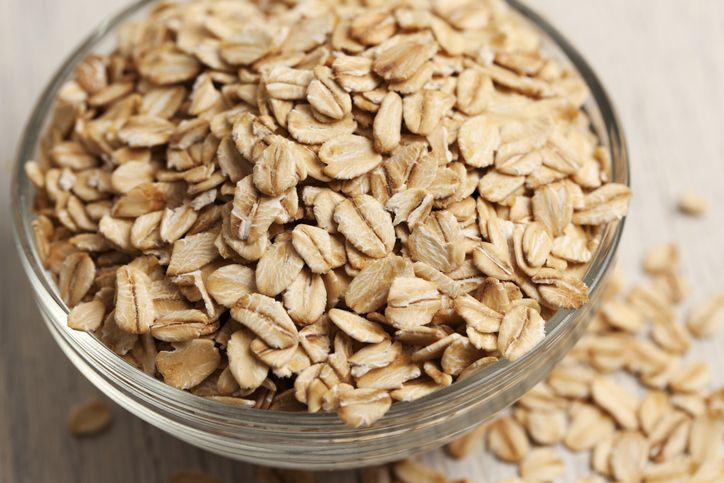Jakarta –
Oatmeal is a practical and filling breakfast menu. Consuming it every day can have positive and negative effects on health.
For dieters or those who live a healthy life, oatmeal breakfast has become a habit. It tastes delicious, is easy to prepare, and definitely makes you feel full longer.
Oatmeal itself is a cereal grain made from oats that have been processed and cooked until half cooked. Instant oatmeal on the market is usually fortified with vitamins and minerals which increase its nutritional benefits.
ADVERTISEMENT
SCROLL TO CONTINUE WITH CONTENT
Oatmeal breakfast can generate energy and is also useful for improving bowel movements, treating constipation and managing blood sugar. As a result, many people choose to eat oatmeal every morning.
So what are the other effects of consuming oatmeal every day? Summarizing Eat This, Not That!here is the list:
1. Fulfill your fiber needs
Many people still do not meet their daily fiber needs, even though fiber plays an important role in health. For example, regulating cholesterol pressure, blood sugar levels, supporting the health of the digestive system, and weight management.
Eating oatmeal every day helps meet your daily fiber needs, which reach 28 grams, according to the United States Department of Agriculture (USDA). One cup of rolled oats (around 100 grams) contains 4 grams of fiber, which means it meets 14% of daily fiber needs. Add chia seeds, nuts and berries to oatmeal to increase the fiber content.
2. Help with diet efforts
 Photo: Getty Images/aywan88 Photo: Getty Images/aywan88 |
Good news for dieters, oatmeal breakfast helps with weight loss. This is confirmed by nutritionist Trista Best. He revealed, “Eating oatmeal helps a person feel full which prevents overeating throughout the day.”
A comprehensive 2023 study published in the journal Current Nutrition Reports noted that many clinical investigations have found that consuming oats plays a role in preventing obesity and helping you lose weight.
3. Lowers bad cholesterol
The effect of eating oatmeal every day is to reduce bad cholesterol levels in the blood and increase good cholesterol levels. This is confirmed by nutritionist Megan Byrd.
The benefits of oatmeal in lowering cholesterol appear to be due to the beta-glucan content. A study in Food & Function notes that the phytosterols, phenolic compounds, tocopherols and saponins contained in oatmeal may have a direct or indirect impact on cholesterol levels.
4. Support digestive health
 Photo: Getty Images/Creativeye99 Photo: Getty Images/Creativeye99 |
Oatmeal is rich in unique phytochemicals, including beta-glucans, resistant starch and phenols that affect the gut microbiome, as research in the journal Foods states.
The gut microbiome itself is a collection of bacteria, fungi and other microorganisms that live in the digestive tract. Its presence plays an important role in supporting digestive health, immunity, and even the brain.
Many human studies have found that consuming oats can increase levels of good bacteria, including lactobacilli and bifidobacteria, in the gut.
More details on the next page.






